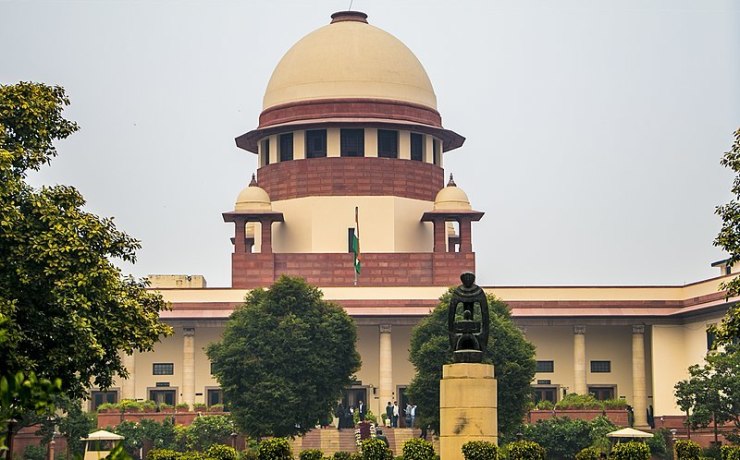
The Supreme Court of India has extended the stay on the criminal trial against K. Annamalai, the Tamil Nadu state president of the Bharatiya Janata Party (BJP), over alleged hate speech remarks made against Christians in October 2022. The court's decision came on Monday, 29 April 2024, with the bench comprising Justices Sanjiv Khanna and Dipankar Datta adjourning the case until September, after the upcoming Lok Sabha polls.
The controversy stems from an interview Annamalai gave to a YouTube channel two days before the Diwali festival in 2022. In the interview, he insinuated that a Christian missionary non-governmental organisation (NGO) was behind a petition filed in the Supreme Court seeking a ban on the bursting of firecrackers during the Hindu festival of Diwali, alleging an attempt to undermine Hindu culture.
The remarks sparked outrage, with V. Piyush, a Salem-based activist, filing a complaint against Annamalai, accusing him of resorting to hate speech. Initially, the Cyber Cell of the Tamil Nadu Police rejected the accusation that the statement amounted to hate speech. However, a Magistrate court in Salem took cognisance of Piyush's complaint and issued summons to Annamalai.
Annamalai challenged the summons and the criminal proceedings before the Madras High Court, seeking to quash the case. However, the High Court refused to do so, observing that the psychological impact on an individual or a group must also be considered under the definition of hate speech.
The High Court noted that Annamalai's statements appeared to portray the NGO as acting against Hindu culture, indicating a divisive intent on his part. The court further emphasized that, as a prominent leader, Annamalai's words carried weight and could have a psychological impact on the targeted group, leading to a prima facie conclusion against him.
Unsatisfied with the High Court's decision, Annamalai approached the Supreme Court, which admitted his petition in February 2024 and stayed the criminal proceedings, stating that prima facie there was no evidence of hate speech.
During the recent hearing, the Supreme Court bench noted that the state had not been made a party in the matter, as it was a private complaint filed by Piyush. Senior advocate Indira Jaisingh, appearing for the complainant, sought time to file a counter-affidavit, leading the bench to extend the stay on the trial until September 2024.




